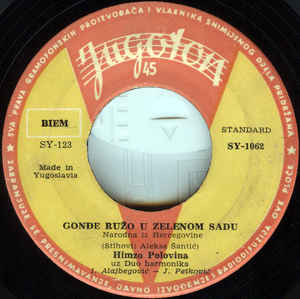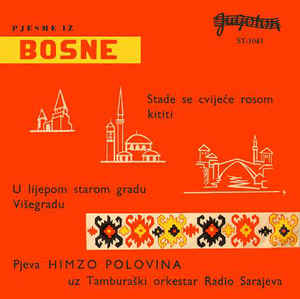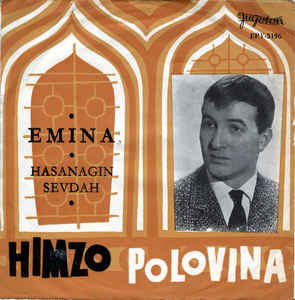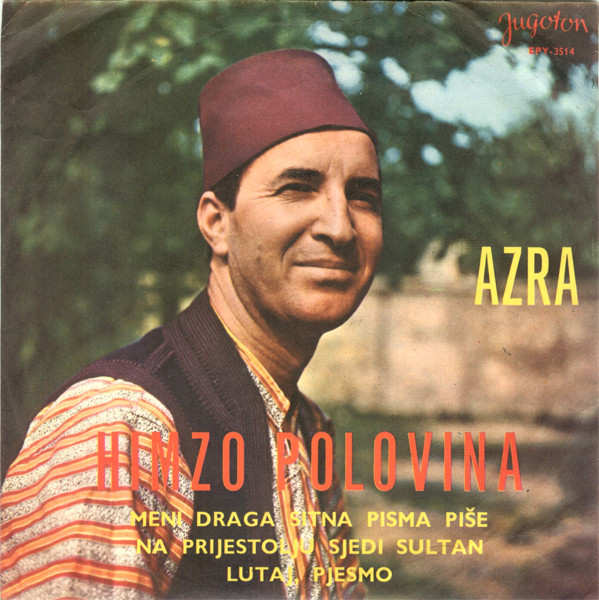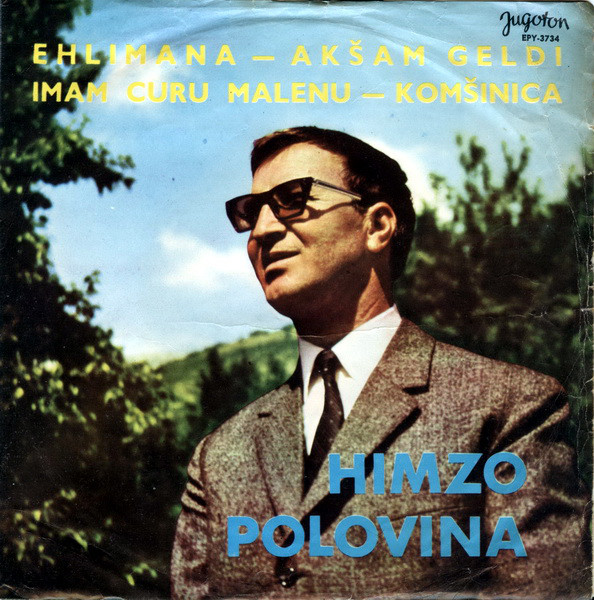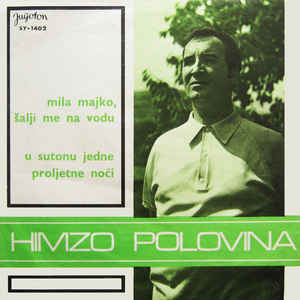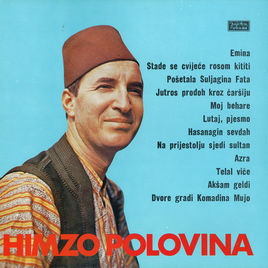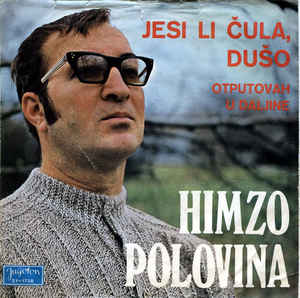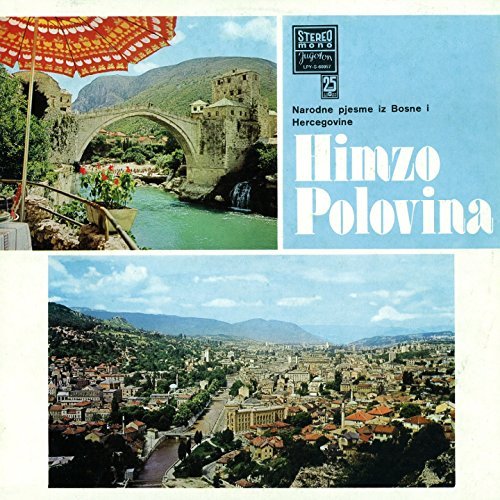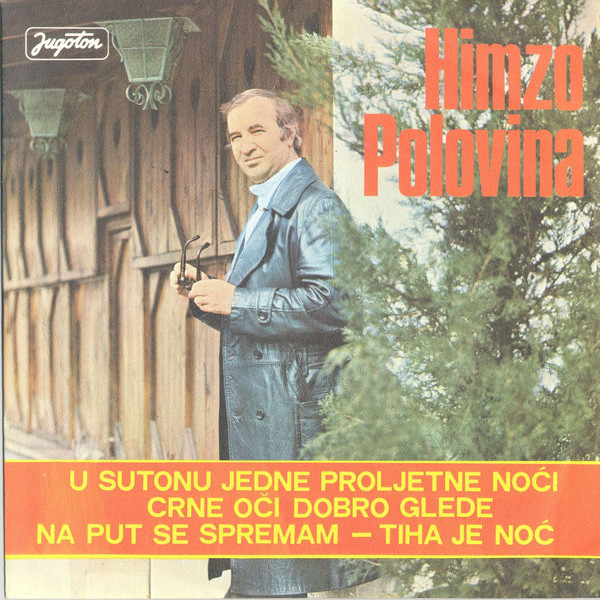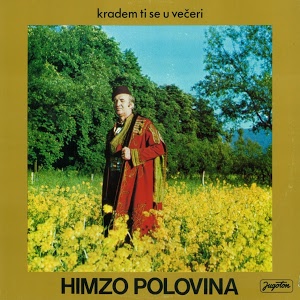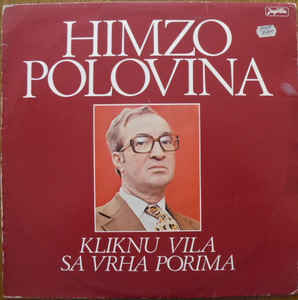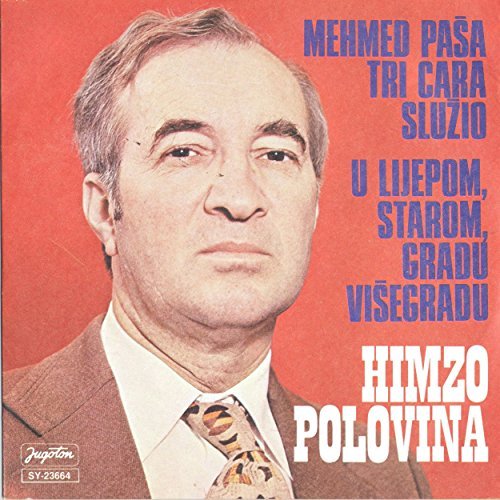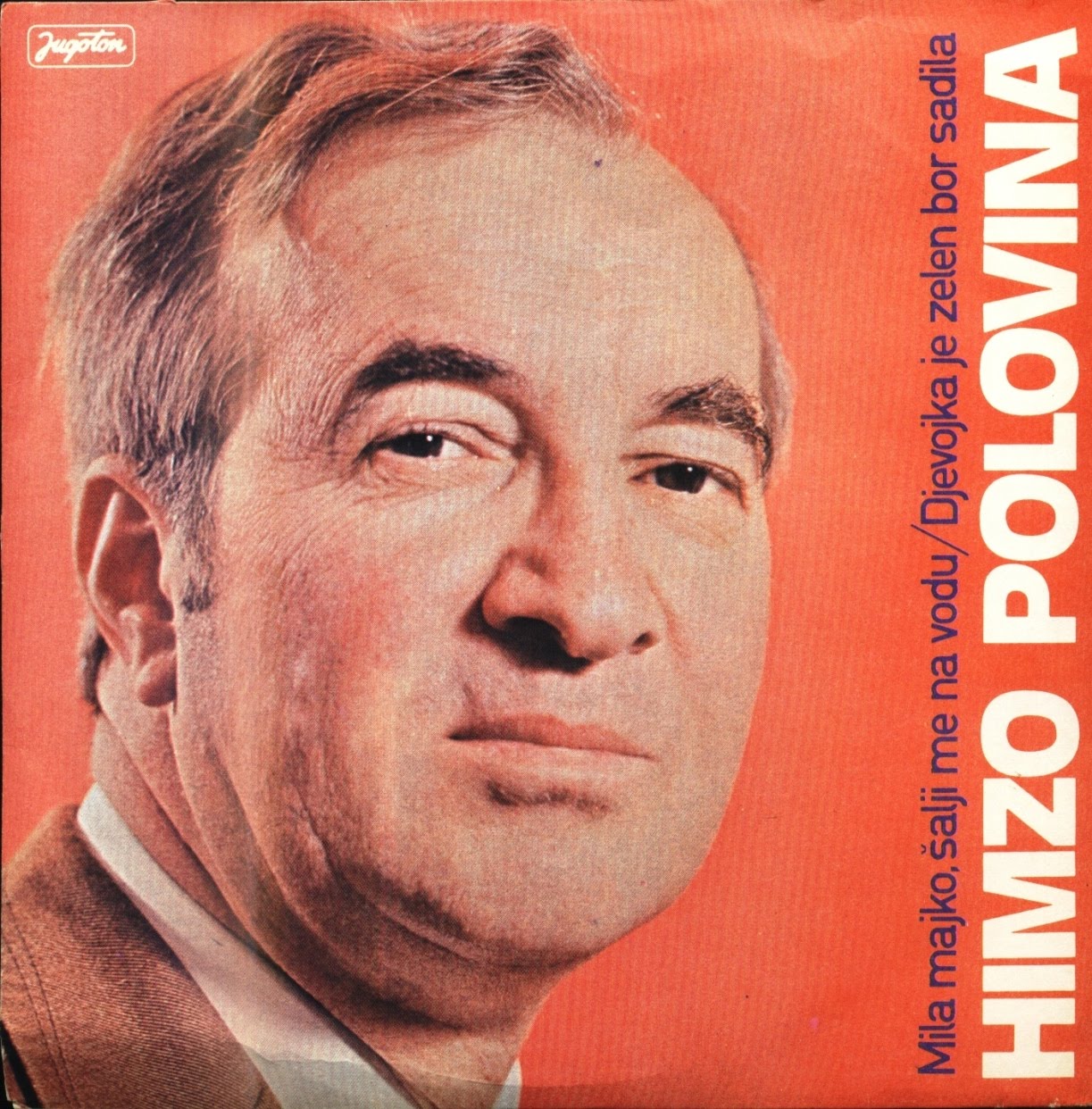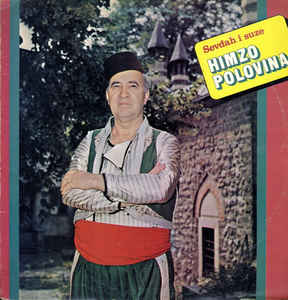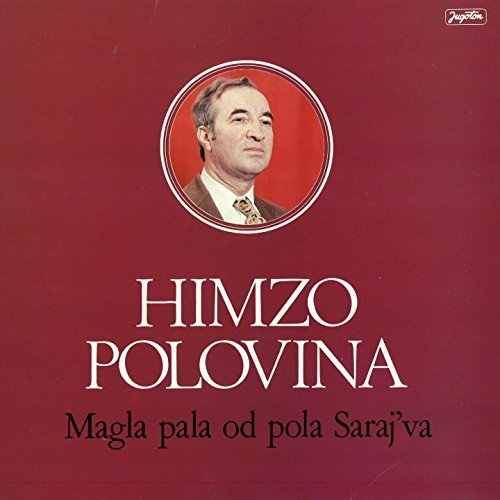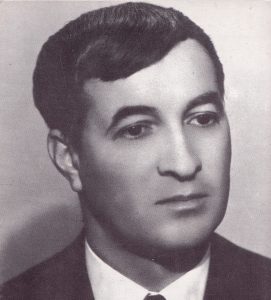
Dr. Himzo Polovina, born on 11 March 1927, was a well-known Bosnian-Herzegovinian poetry collector, interpreter, writer, composer, poet, and specialist in neuropsychiatry.
Many consider him the most prominent singer and collector of Sevdalinka songs of all time. Polovina’s collections and his interpretations of the old town song are regarded as an authentic musical heritage of Bosnia-Herzegovina. His deep understanding and knowledge of the Sevdalinka spirit have left its mark on Bosnian culture.
As a boy, he acquired his first musical knowledge from his musical father Mušan, who played the Sargija (long-necked lute) very well. Father Mušan liked singing and so he lined up Himzo with his brothers and sisters and asked them to sing in unison. He often encouraged them to join the Muslim association “ITIHAD”.
In addition to important participation in the theatre group of the M.V. “ITIHAD”, he also perfected his recitation skills there. That was between 1935 and 1940. Immediately before the Second World War, he took violin lessons with the famous professor and master of violin playing of Czech origin Karl Malacek.
He was a member of the folklore ensemble RKUD “Abrašević” from 1947 until his move to Sarajevo. With this ensemble, he goes on tour through villages and towns of the former Yugoslavia. He liked the sumptuous folk costumes and often attracted them to public performances as a singer.
In 1950, as a medical student, he was a member of the Student Cultural Association “Slobodan Princip – Seljo”, but he also performs with the associations KUD “Ivo Lola Ribar”, KUD “Proleter”, ZKUD “Vaso Miskin – Crni”, KUD “Miljenko Cvitković”, as well as for amateur associations, which focused on musical-multiethnic programs.
Parallel to his career as a singer, he completed his medical studies and became a specialist neuropsychiatrist. In practice, he successfully applies methods of psychiatry, psychotherapy and music therapy. The narrow circle of medical specialists is familiar with his scientific work in the aforementioned fields from specialist publications. He was an esteemed doctor at the Jagomir Mental Rehabilitation Clinic in Sarajevo.
In spite of his speech error in pronouncing the sound “r”, he managed to target the music experts with the song “Mehmeda je stara majka karala” (in which the “r” occurs only twice). At that time they sang live at Radio Sarajevo. That was in January 1953 when his colleagues persuaded him to register for the audition. He was taken, and he was joined by outstanding professionals from the music industry who took care of making Himzo a successful artist.
Himzo Polovina had a thirty-year career as a singer. He performed at home and abroad and carried out the fame of the folk song, especially the Sevdalinka. He recorded about twenty records, which reached millions of copies, as well as some audio cassettes of high musical value. He made some archive recordings for Radio Sarajevo. He often performed at charity events, hospitals, retirement homes, orphanages, alcoholic support groups, etc.
Polovina took a five-year break at Radio Sarajevo because of misunderstandings with those responsible. The listeners missed Himzo Polovina very much during this time. They asked for him and complained to Radio Sarajevo. On Radio Sarajevo, they claimed that Himzo Polovina’s vocal style did not correspond to the concept and style they cultivated there. Meanwhile, a federal jury for the singing of the folk song Himzo Polovina awarded top marks to its style and affinity for the high aesthetic value of the song’s content. Both the jury and the audience were impressed when Himzo, as only he can, quietly and sensitively intoned: Nevjera je tuga golema na srcu…
Himzo sang in almost every city in Bosnia-Herzegovina, about the beautiful city of Višegrad, about the birth of Banja Luka, about Saraj Bosna – Sarajevo, the wonderful place, about Tuzla, which was embraced by the snake, about the monuments, which Mehmed Pasha Sokolović erected in Bosnia…
After his last concert, he died in Plav (Montenegro) on 05 August 1986, as a result of a heart attack. According to his brother Mirza Polovina, the last song he sang was “Emina”.
He was buried at the cemetery Bare in Sarajevo.
After his death his musical work became even more popular, many radio stations and production houses recorded his songs again and played them.
He was married to Fikreta Medošević . Together they have daughter Rubina and son Edmir.
He has received numerous awards for his art, including the Bosnia-Herzegovina and former Yugoslavia Music Awards. His showcases are decorated with silver, gold and diamond records, awards and many honours that he received during his life.

